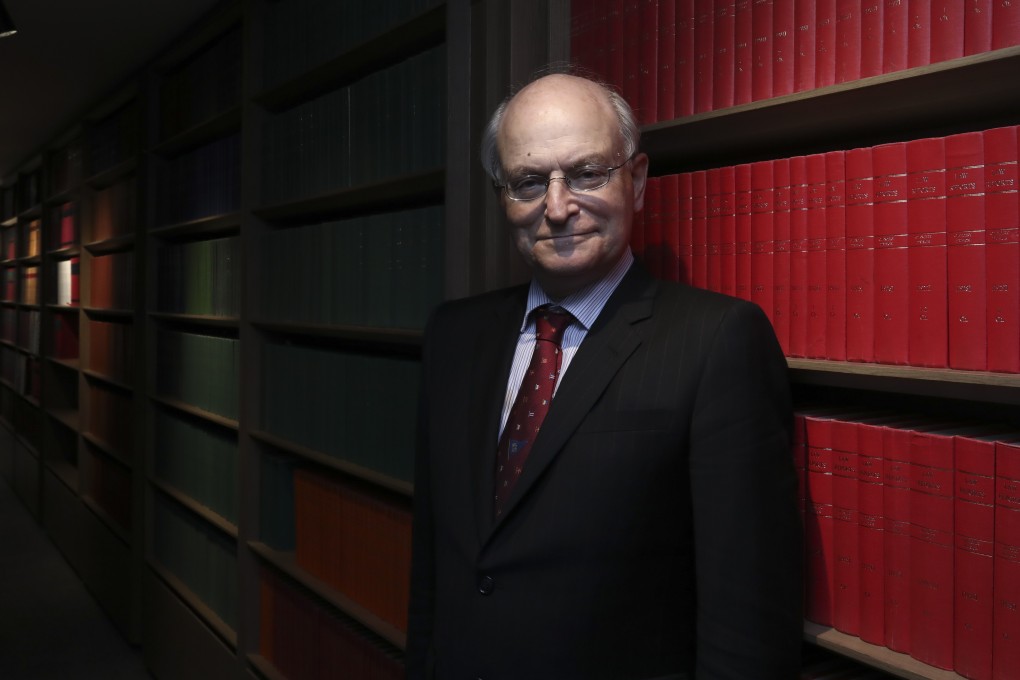My Take | Extradition row is more about politics than law
- New Bar chief’s suggestion of amending national security law to resume extradition with foreign governments is an interesting idea but a non-starter

The Bar Association has long been a pan-democratic outfit. Under Philip Dykes, it has been no different. Indeed, in the past three years, which coincided with the worst political crisis and riots in Hong Kong since 1967, it was seen, at least by Beijing, as aligning closely with the protest movement.
New chairman Paul Harris may, hopefully, be more constructive. A confrontational approach will not get the association, or Hong Kong, anywhere. His first public remarks after an uncontested election sound promising. “On the one hand, I don’t like violent demonstrators, and on the other hand, I don’t like the authorities that abuse their power,” he said.
That sounds at least like an attempt to be more even-handed. More significantly, he has drawn a connection in terms of public safety between the draconian national security law and extradition arrangements with Western countries.
Many of those countries have suspended extradition in light of the law. Harris argues that by amending some provisions, it’s in everyone’s interest to be able to exchange criminals rather than serve as their safe havens.
It’s an interesting idea. But the whole dispute has much more to do with international politics than just a matter within the narrow confines of extradition law.

07:30
China’s Rebel City: The Hong Kong Protests
From Beijing’s point of view, Harris’ suggestion may also be seen as a “Trojan horse” attempt to weaken the national security law, with no guarantee that those foreign governments involved would consider resuming extradition.
